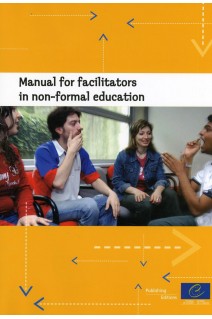
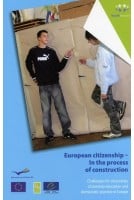


1. Introduction
2. What is a study session?
2.1. The concept of a study session and its place in the programme of the Council of Europe/DYS
2.1.1. The study session as a holistic learning experience
2.1.2. The specificity and unique value of study sessions
2.2. The life cycle of a study session - from needs assessment to follow-up
2.2.1. Writing a proposal for a study session
2.2.2. Conclusions - preparing a proposal for a study session
2.3. Mapping qualities for successful study sessions (personal, team, organisational)
PERSONAL PREPARATION
3. Essentials of non-formal education for facilitators of DYS study sessions
3.1. Concepts of learning
3.2 Intercultural learning in study sessions
3.3. Human rights education in study sessions
4. Personal development for facilitators of study sessions (competences)
4.1. Facilitation skills
4.2. Presentation skills
4.3. Group dynamics
4.4. Ethics and values
4.5. Leadership/assertiveness and self-confidence
TEAM PREPARATION
5. Organisation of work within the team
5.1. The team
5.1.1. Team composition
5.1.2. How to work in a team/distribution of roles
5.2. The preparation process
5.2.1. Preparatory meeting
5.2.2. In between meetings
5.3. Programme design of study sessions
5.4. Educational essentials
5.4.1. Resources for developing programme elements
5.4.2. Design of individual programme elements
5.4.3. Debriefing and evaluation of educational activities
ORGANISATIONAL RESPONSIBILITIES
6. Evaluation of study sessions - Done by the organisers
7. Reporting on study sessions
8. Follow-up and dissemination of results
9. Conclusion
Appendix
1) Programme and methodology of the Training Course for Facilitators
2) Case studies - Ethics and values
3) Ethical conduct in youth work
4) Assertiveness training
5) Feedback within teams
6) Planning of a programme element
7) Template - Evaluation by participants
8) Outline for daily reports - Done by participants
9) Open questions regarding study sessions - Dealt with at the training course for Facilitators: Digestivo café
Télécharger un extrait (1000)


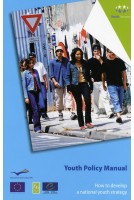
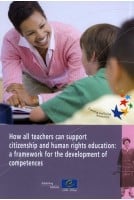
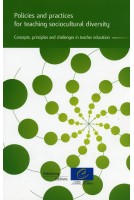






Attention, en vertu de nos conditions générales de vente, l'achat des PDF/epub est réservé aux particuliers.
